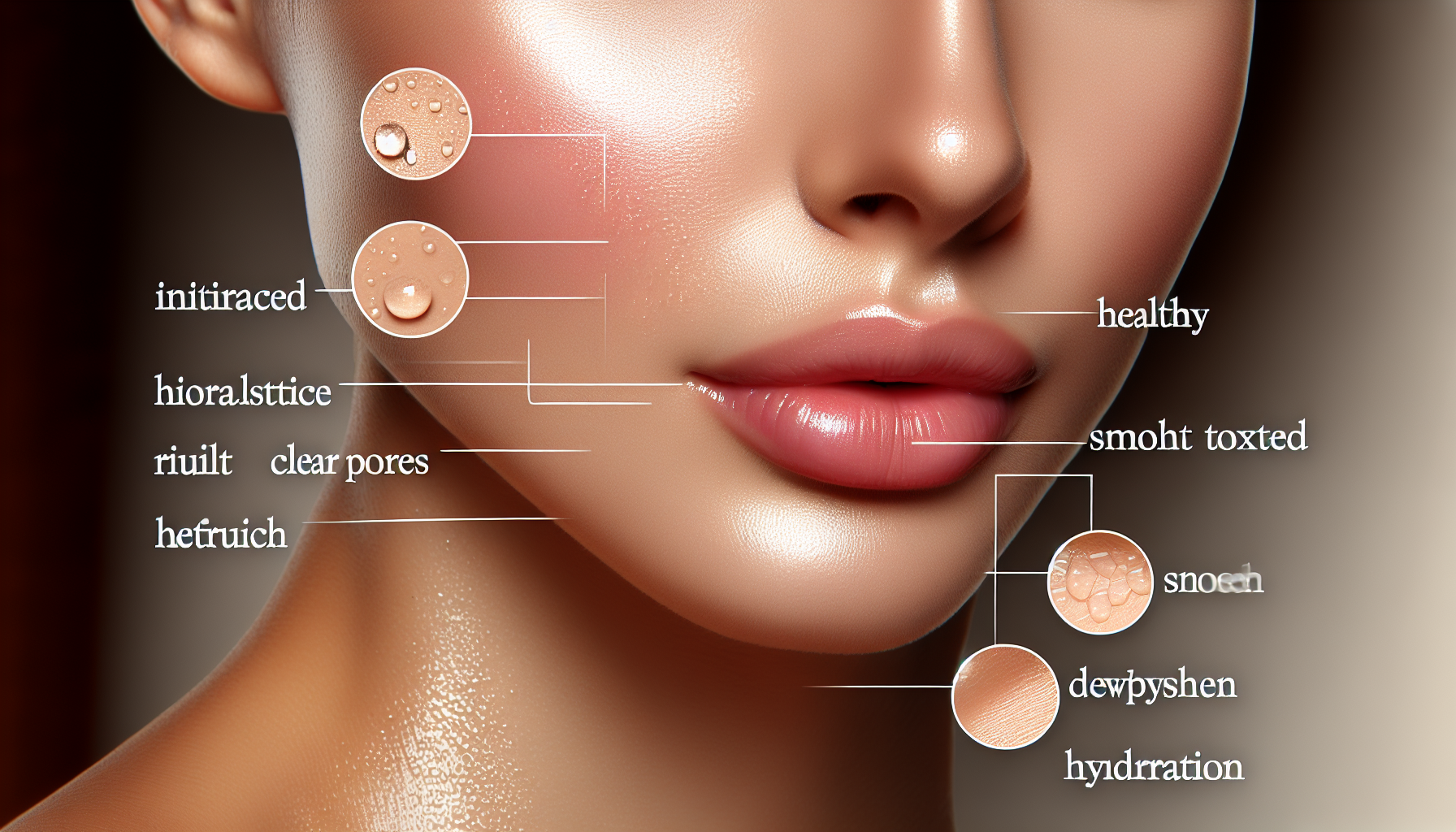Omega-3 fatty acids are essential components of a healthy diet, renowned for their beneficial effects on various aspects of health, including cardiovascular, brain, and, notably, skin health. As the body cannot produce these fatty acids naturally, they must be obtained through diet or supplementation. In this comprehensive exploration, we will delve into the myriad ways omega-3s contribute to skin health, supported by niche, high-quality external resources, and integrate insights from related Avix Health articles.
Omega-3 Fatty Acids: An Overview
Omega-3 fatty acids, specifically EPA (eicosapentaenoic acid) and DHA (docosahexaenoic acid), are polyunsaturated fats found predominantly in fish oil and other marine sources. These fats are vital for maintaining the structure and function of cell membranes, including those of skin cells. ALA (alpha-linolenic acid), another form of omega-3, can be found in plant sources like flaxseeds and walnuts, and is converted into EPA and DHA in the body, albeit at a lower efficiency.
Impact of Omega-3s on Skin Health
The skin is the largest organ of the body, and its health reflects the overall well-being of an individual. Omega-3 fatty acids play a significant role in maintaining skin health in several ways:
Hydration and Barrier Function
Omega-3 fatty acids are integral to the lipid layer of the skin, helping to maintain its barrier function and prevent trans-epidermal water loss. This ensures that the skin remains hydrated, plump, and resilient against external irritants. The role of fatty acids in skin hydration is crucial, especially when dealing with dry skin in cold climates.
Anti-Inflammatory Properties
EPA has potent anti-inflammatory properties, which can help reduce the inflammatory responses in skin disorders such as psoriasis, eczema, and acne. By mitigating inflammation, omega-3s can help manage these conditions and contribute to clearer, more comfortable skin. This aligns with the holistic approach to skincare, where inflammation is recognized as a significant factor affecting skin health, as detailed in the article on the role of skin care in holistic wellness.
Sun Protection
Research suggests that omega-3 fatty acids may offer some protection against the harmful effects of ultraviolet (UV) radiation. By reducing the inflammatory response to sun exposure, omega-3s can help prevent sunburn and may even contribute to a lower risk of skin cancer.
Anti-Aging Effects
Omega-3s can influence the skin’s aging process by promoting collagen production and protecting against collagen degradation from UV exposure and other environmental stressors. This can result in reduced appearance of wrinkles and improved skin elasticity.
Incorporating Omega-3s into Your Diet
To reap the skin benefits of omega-3 fatty acids, it’s important to include rich sources in your diet. Fatty fish like salmon, mackerel, and sardines are excellent sources. For vegetarians or those who do not consume fish, options include flaxseeds, chia seeds, and walnuts, or high-quality plant-based supplements.
External Resources Supporting Omega-3 Benefits for Skin
-
The Linus Pauling Institute Micronutrient Information Center provides in-depth information on the role of omega-3 fatty acids in maintaining skin health and protecting against photodamage.
-
The American Academy of Dermatology offers insights into how diet, including omega-3 fatty acids, can influence skin conditions like acne and psoriasis.
-
The Journal of Clinical Medicine published a study detailing the effects of omega-3 fatty acids on skin aging and the potential mechanisms involved.
Supplementation and Skin Health
While diet is the preferred source of omega-3s, supplementation can be beneficial, particularly for individuals with dietary restrictions or increased requirements. Avix Health’s guide to medication & supplements can provide additional insights into how to choose the right omega-3 supplements for your needs.
The Bigger Picture: Omega-3s in Holistic Skin Care
The impact of omega-3 fatty acids on skin health is a testament to the importance of a holistic approach to skincare. By understanding the role of diet and nutrients like omega-3s, it’s possible to support skin health from the inside out. This approach is further elaborated in the resource The Role of Diet in Managing Rosacea Symptoms.
Conclusion
Omega-3 fatty acids are more than just heart-healthy nutrients; they are fundamental building blocks for maintaining healthy, resilient skin. From enhancing hydration and barrier function to providing anti-inflammatory and anti-aging benefits, omega-3s are a critical component of a skin-friendly diet. By incorporating omega-3-rich foods into your diet and considering supplementation when necessary, you can support your skin’s health and contribute to your overall well-being.
As research continues to reveal the multifaceted benefits of omega-3 fatty acids, it’s clear that these compounds are essential for not just healthy skin, but for a healthy body and mind. By prioritizing omega-3s in your diet, you’re investing in a comprehensive approach to health that will pay dividends in the form of radiant, youthful skin and improved overall health.



